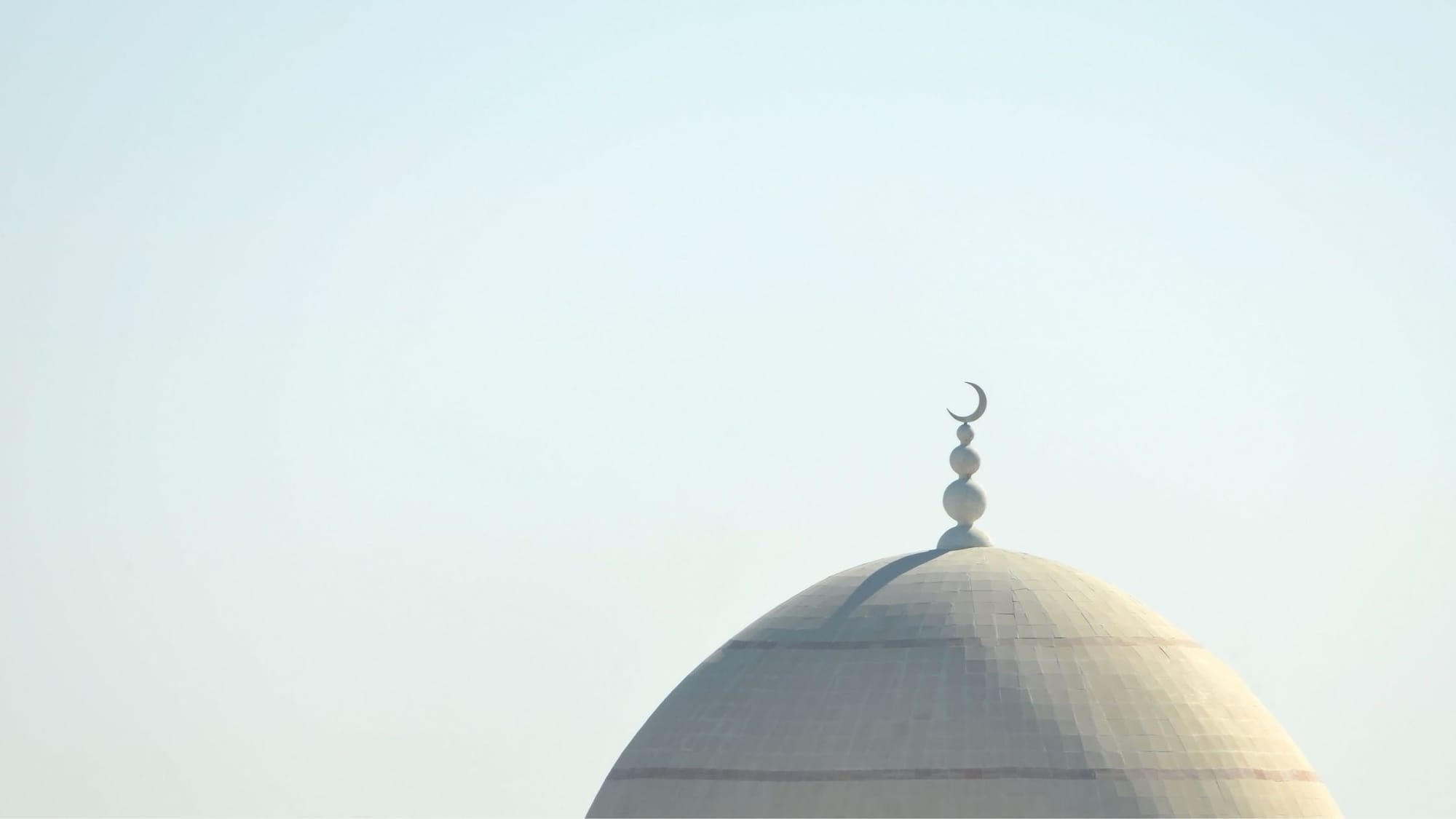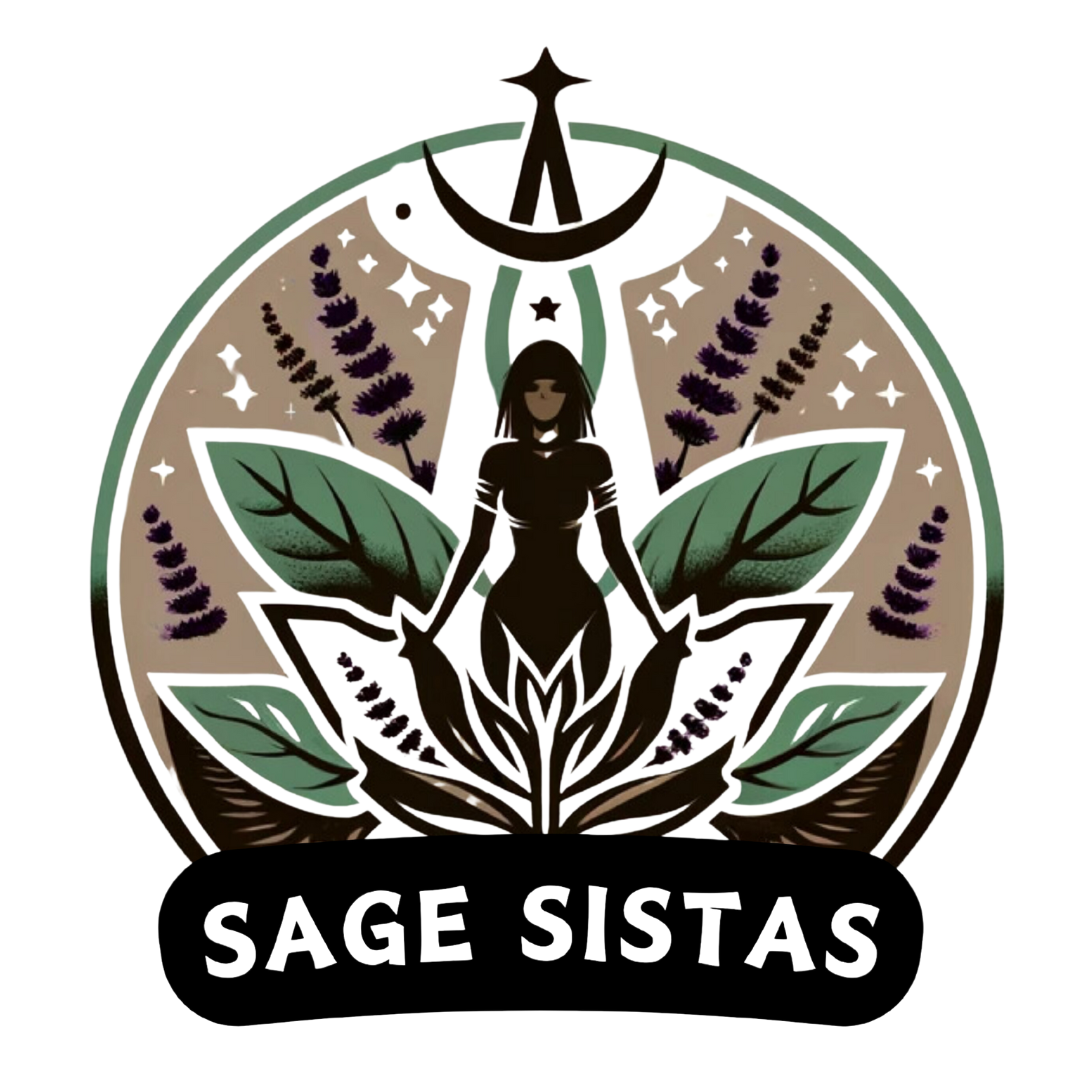Islam And German New Medicine: The Divine Path To Holistic Healing [5 Shared Principles]
![Islam And German New Medicine: The Divine Path To Holistic Healing [5 Shared Principles]](/content/images/size/w2000/2025/02/Islam---German-New-Medicine-The-Divine-Path-To-Holistic-Healing--5-Shared-Principles----SageSistas--3-.jpg)
What if the illness wasn’t something to fear but rather an opportunity for personal and spiritual growth?
In Islam, health is seen as a balance of physical, emotional, and spiritual well-being, where illness is not a punishment, but a test meant to purify and strengthen us.
Similarly, GNM teaches that our emotional and psychological conflicts can manifest as physical ailments, and healing is not just about treating symptoms but addressing the root cause.
In this blog post, we'll focus on the common points of GNM’s principles and Islamic beliefs about health, healing, and the deeper purpose of disease. Through forgiveness, spiritual reflection, and understanding the trials of life, we can turn illness into a pathway for healing, growth, and a closer relationship with Allah.
Table of Contents
Holistic Perspective On Health In Islam

Islam and German New Medicine (GNM) share a holistic approach to health, recognizing the deep connection between emotional, psychological, and physical well-being.
Indeed, in the remembrance of Allah do hearts find rest. (Quran 13:28)
This verse highlights how spiritual tranquility supports emotional stability, contributing to overall health. It aligns with GNM’s view that emotional distress can trigger physical diseases.
The Quran also emphasizes human interconnectedness:
He created you from a single soul, then made its mate from it. (Quran 39:6)
This verse shows that health is not only physical but also tied to emotional and spiritual harmony.
Imam Al-Ghazali warned that neglecting spiritual health could lead to physical illness, while Ibn Qayyim al-Jawziyyah taught that emotions like envy, anger, and grief manifest as bodily diseases.
This holistic perspective underscores that true healing must address both the body and the soul.
Read Also:

Emotional Conflicts As The Roots Of Disease
German New Medicine (GNM) teaches that emotional conflicts are the root cause of many physical illnesses.
This idea is similar to Islamic teachings, which emphasize that emotional and spiritual well-being affect physical health.
Whatever affliction befalls you is because of what your own hands have earned, but He pardons much.
(Quran 42:30)
This means that hardships, including sickness, can be linked to our emotional and spiritual state.
The F also describes itself as a source of healing:
And We sent down in the Quran such things that have healing and mercy for the believers. (Quran 17:82)
This shows that healing is not just physical; it also includes emotional and spiritual recovery.
Islamic scholars have also linked emotional well-being to physical health. Ibn Qayyim al-Jawziyyah explained that negative emotions like guilt, anger, or stress can lead to illness. He believed that seeking forgiveness and emotional peace is important for good health.
This shows that both Islam and GNM highlight the deep connection between our emotions and our bodies.
Healing As Purification

In German New Medicine (GNM), the healing phase is seen as a natural process where the body experiences symptoms like fever or inflammation to remove toxins and restore balance.
Islam has a similar perspective, viewing illness as a way to purify the soul and bring a person closer to Allah.
Do they not see that they are tested once or twice every year? Yet they do not repent nor do they take heed. (Quran 9:126)
This suggests that hardships, including sickness, serve as reminders for self-reflection and spiritual growth.
The Prophet Muhammad (peace be upon him) also said, "No calamity befalls a Muslim but that Allah expiates some of his sins because of it, even if it were the prick he receives from a thorn." (Bukhari and Muslim).
This hadith shows that suffering, including illness, is not just a physical event but a way to cleanse sins and elevate one’s spiritual state.
Ibn al-Qayyim has reinforced this idea, explaining that disease is a means of purification and an opportunity to strengthen one's connection with Allah. Just as GNM sees illness as a necessary step in the body’s healing process, Islam views it as a way for both the body and soul to find renewal and balance.
Read Also:

The Role Of Forgiveness And Emotional Release
German New Medicine (GNM) teaches that emotional conflicts if left unresolved, can manifest as physical illness. One of the key ways to heal is through forgiveness and letting go of grudges. Islam also shares this perspective, emphasizing that emotional peace and spiritual well-being come from forgiveness.
Let them pardon and forgive. Do you not wish that Allah should forgive you? (Quran 24:22)
This verse highlights that forgiving others not only brings inner peace but also invites Allah’s mercy and forgiveness in return.
And do not grieve over them, and do not be distressed by what they plot. (Quran 16:127)
Similarly, this verse reminds believers not to hold onto emotional pain.
The Prophet Muhammad (peace be upon him) reinforced this idea by saying, "The best among you are those who do not hold grudges." (Ahmad). Just as GNM encourages resolving emotional conflicts to support healing, Islam teaches that letting go of resentment fosters both spiritual and physical well-being.
Disease As A Trial, Not A Punishment

German New Medicine (GNM) teaches that disease is not a random misfortune but a meaningful biological process that serves a purpose in healing.
Islam holds a similar view, considering illness a test from Allah meant to strengthen faith, build patience, and purify the soul.
And We will surely test you with something of fear and hunger and a loss of wealth and lives and fruits, but give good tidings to the patient. (Quran 2:155)
This verse reminds believers that hardships, including sickness, are part of life’s trials and should be met with patience and gratitude.
The Prophet Muhammad (peace be upon him) further emphasized this by saying, When Allah desires good for someone, He afflicts them with trials. (Bukhari).
In other words, illness is not a punishment but an opportunity for personal and spiritual growth. Just as GNM explains that symptoms indicate a healing phase, Islam sees suffering as a means to attain purification and closeness to Allah.
Read Also:

Conclusion: A New Perspective To Holistic Healing Through Islam
By combining German New Medicine (GNM) ideas with Islamic teachings, we can create a powerful approach to healing that looks at both the body and the spirit. Instead of seeing illness as something to fear, we can understand it as a natural part of life that helps us grow.
This approach encourages us to focus on fixing emotional and spiritual issues as part of the healing process. When we address the emotional conflicts behind an illness, it helps us heal faster and find peace.
In Islam, illness is seen as a way to purify our souls and get closer to Allah, which matches the idea in GNM that healing is a journey.
By using both GNM and Islamic teachings, we can view illness not just as a physical problem but as a chance to improve spiritually, forgive others, and become stronger in our faith.


